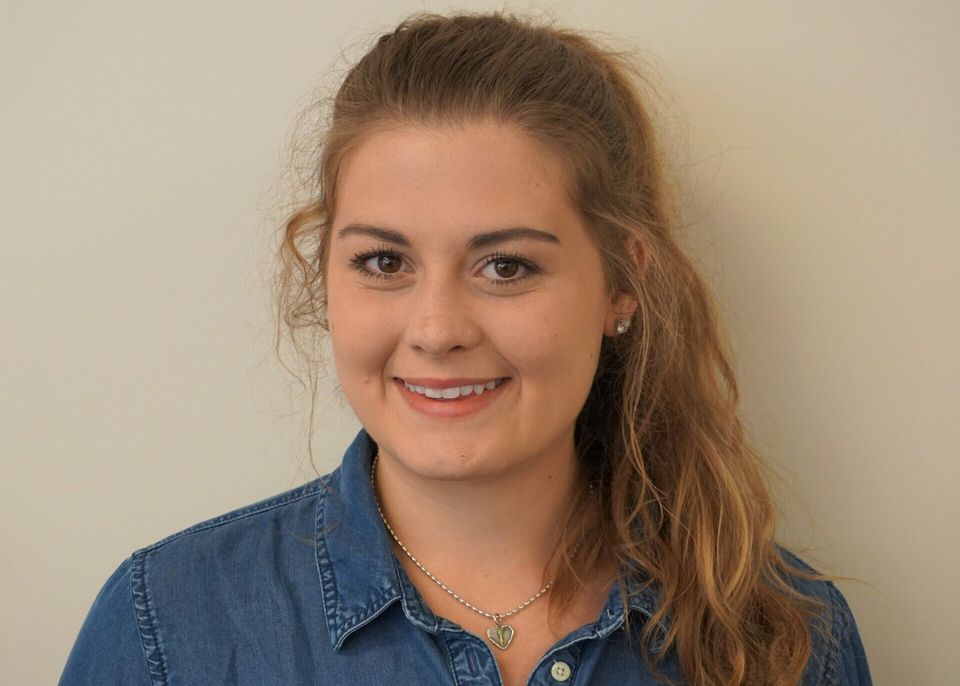Story of Hope: Matthew
October Advocate Impact Story

Matthew first came to the attention of CPS at the age of nine, due to his mother’s unaddressed mental health issues and drug use. Matthew was diagnosed with autism, and though verbal, was very introverted and seldom spoke unless he was comfortable. CPS attempted to work with his mother through Family Based Safety Services however, his mother continued to test positive for drugs and was disruptive at Matthew’s school. She showed up at the relative caregiver’s home, disrupted their routine and posed a threat to the caregiver. This led to the legal removal of Matthew into CPS’s care.
Enter CASA advocate Joanna Skidmore. Joanna immediately sought ways to make a connection with this child that already has difficulties connecting with the world. She learned that he enjoyed trains, puzzles, stuffed teddy bears and watching movies. During the Christmas holiday, Joanna obtained a wooden train which she and Matthew were able to paint together, which he loved. On some visits, they would just sit and watch movies together, and Matthew slowly became so comfortable with her presence, that he would sit next to her closely.
Prior to the COVID-19 protocols, Joanna would visit with Matthew at least once in the home but also observed the bi-monthly parent/child visits that were supervised at the CPS offices. She was able to observe the changes in Matthew mother’s interactions with him. Once his mother participated in parenting classes for autism, she began the fully understand her child’s needs.
Once the COVID-19 protocols began, Joanna found ways to continue to connect to this special child. She would drop off popsicles at his home, and then arrange Face-Time chats so that they could eat their popsicles together. Joanna understood that Face-time chats were difficult for Matthew. He had begun to struggle with virtual school during the day, without the benefit of hands-on assistance he normally had in school. Joanna created a routine with Matthew that she maintained during each visit, whether in-person or virtual. She asked him three questions. The questions would vary depending on his behaviors that day, or if a parent/child visit would take place but one question always remained the same, “What do you need?” Matthew came to rely on Joanna for her patience and her willingness to allow him to be comfortable in his own space. Her questions were always open-ended and he responded openly and honestly. He’d tell her about his day, the reasons he may have acted out, what he was feeling. He told Joanna about his visits with his parents and his likes and dislikes. This extremely introverted child, who is diagnosed with autism, found someone who was able to connect with him and continue the connection, despite no longer being able to see each other in person.
Eventually Matthew’s mother became stable enough that he was placed back into her home. The court granted Permanent Managing Conservatorship to Matthew’s grandmother, with whom his mother lived. Thank you, Joanna, for the lasting impacts you have made by patiently connecting with Matthew, listening to his needs, and advocating for his best interests!

In November 2025, Child Protective Services received a referral involving two sisters, ages 13 and 14, who were found caring for themselves. Following the death of their father, the girls experienced ongoing abuse and neglect. They were living in unsafe and unsanitary conditions, frequently left alone without adequate food, functioning plumbing, or consistent supervision, and were exposed to strangers regularly coming in and out of the home. Shortly after removal, Tameka Woolfolk was appointed as the Advocate on the case. From the very beginning, Tameka became one of the few consistent and reliable adults in the girls’ lives. The children experienced and continue to endure placement changes. These frequent transitions created ongoing instability and further complicated the girls’ ability to heal and adjust. Throughout each move, Tameka remained steadily involved, working diligently to ensure that the children’s services and support continued without interruption. She supports the girls not only emotionally, but physically as well helping pack their belongings at each move, accompanying them during school tours, and remaining readily available whenever they need support. Neither child was initially aware that they had the right to speak directly with the judge. Tameka recognized the importance of their voices being heard and with the support of the Ad Litem, helped to facilitate their presence at court, requesting that the judge meet with the girls in a breakout room, so they could personally express their wishes, all with the department, CASA and the Ad Litem by their side. In addition, this case was referred to Collaborative Family Engagement (CFE). During CASA’s ongoing exploration for family connections alongside the Department, Tameka discovered the children’s father’s obituary. Through this discovery, it was learned that the girls’ father had served in the United States Army as a combat medic during the Vietnam War and later worked for 30 years in civil service. Tameka took the initiative to request documentation, including VA records and a death certificate, to determine whether the children might be eligible for survivor benefits. The obituary also revealed that the girls are two of fourteen siblings. While many of the siblings were unable to provide support, CASA and the Department were able to establish contact with one brother. Through Tameka’s strong collaborative relationship with the Department and the Attorney Ad Litem, a thoughtful and appropriate plan was developed to allow the girls to begin visits with their brother, his wife, and their cousins. Although this story is still unfolding, both girls know one unwavering belief, that no matter what comes next, they know that Miss Tameka will continue to stand beside them every step of the way.







